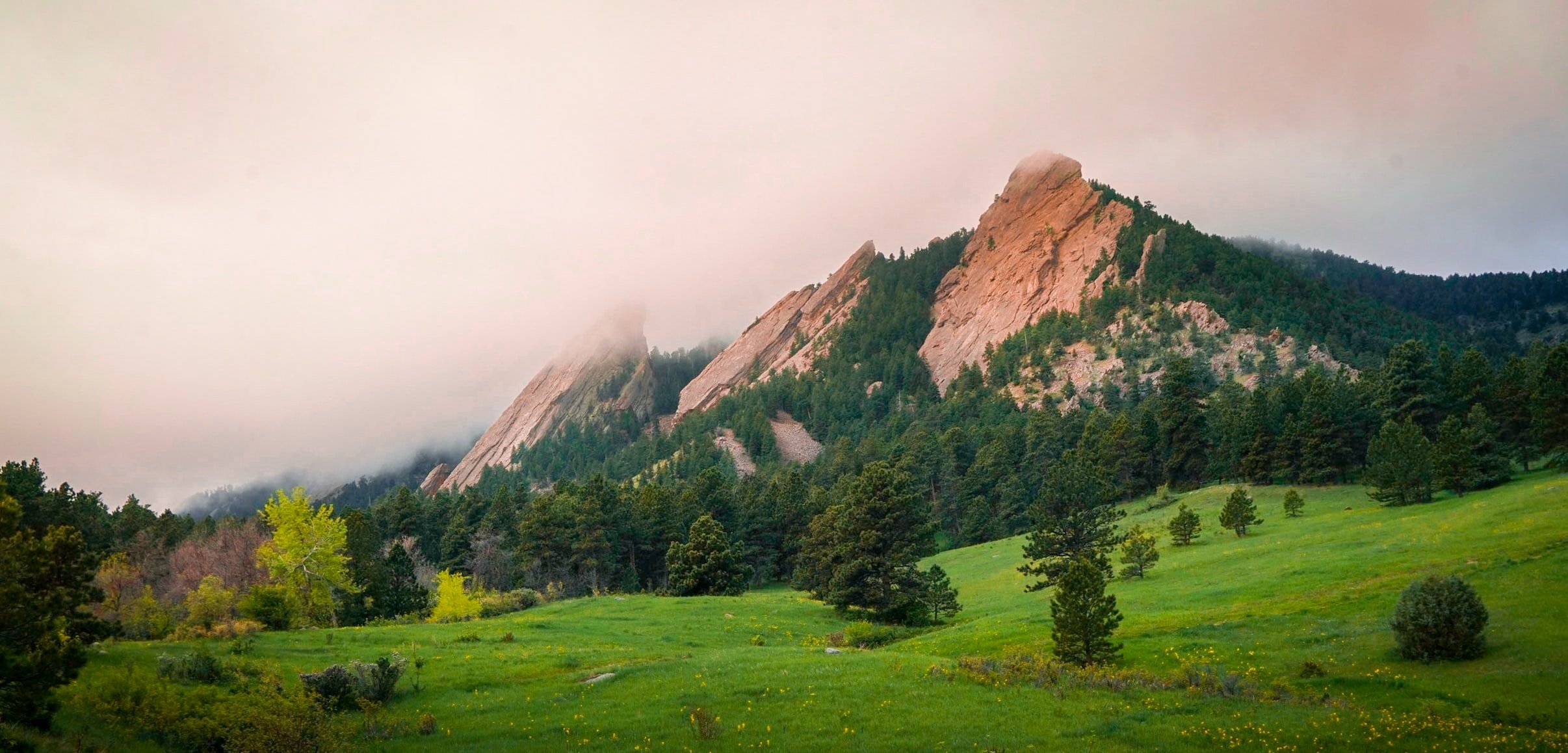
Right Relationship Boulder
Building relationships between Boulder Valley residents and the Indigenous peoples who lived here in the past and present.
Right Relationship Boulder is an all-volunteer organization that lifts up Indigenous voices by promoting and organizing their participation in public events, educational activities, and City and County government programs. We support their initiatives to protect sacred sites, gain access to land, provide cultural and language education for their youth, and educate the people of the Boulder Valley about their history, arts, and current realities.
Project Directors: Paula Palmer & Christine Yoshinaga-Itano
Website: rightrelationshipboulder.org
Contact: RightRelationshipBoulder@gmail.com,
paularpalmer@gmail.com, christie.yoshi@colorado.edu
Land Acknowledgment:
We acknowledge that we live in the homeland of the Hinóno’éí (Arapaho), Tsitsistas (Cheyenne), and Nuciu (Ute) Nations and that the Boulder Valley is home to people of many Indigenous nations today. We recognize the irreducible and ongoing relationship that Indigenous Peoples have with their traditional territories. Honoring a territory becomes meaningful when it is the basis for building relationships with Indigenous Peoples and the land.
Right Relationship Boulder (RRB) was established in 2016 to help the City of Boulder implement the Indigenous Peoples Day Resolution which was unanimously approved by City Council that year. The Resolution acknowledges “Boulder has benefited directly from Indian removal policies that violated human rights, broke government treaties, and forced Arapaho People from their homeland.” It calls on all Boulder institutions to “correct omissions of the Native American presence in public places, resources, and cultural programming.”
Our first initiative was to visit the Southern and Northern Arapaho people whose ancestors were forcibly removed from their Boulder Valley homeland. Arapaho leaders, chiefs, and elders in Oklahoma and Wyoming told us they would like to have access to land in the Boulder Valley where they can hold ceremonies, honor their ancestors, and renew their relationship with the ecosystems of their homeland. They said they would like to educate the people of Boulder about their history and their current realities and build positive people-to-people as well as government-to-government relationships. RRB is collaborating with the Arapaho to realize these aspirations.
We are also learning from and building relationships with Indigenous people of many different tribal affiliations who currently live in the Boulder area.
Right Relationship Boulder welcomes all Boulder-area residents to participate in our projects. Our work is carried out by a Coordinating Council, an Indigenous Advisory Council, and Working Groups.
The Education in the Schools Working Group works with Boulder-area schools, staff, teachers, students, and librarians to bring Indigenous resources, people, and the truth of Indigenous experience into classrooms.
The Indigenous Peoples Day Working Group organizes events for the October Indigenous Peoples Day celebrations.
The Visiting/Exchanges Working Group creates opportunities to build friendships between non-resident Indigenous peoples and Boulder residents and supports the annual Arapaho Language Camp for Arapaho elders and youth.
The Land Working Group supports Indigenous-led development of Boulder’s Fort Chambers site and seeks to create access for Indigenous peoples to land in the Boulder Valley.
Project Directors Bios:
Paula Palmer is a co-founder of Right Relationship Boulder and currently serves on the Coordinating Council and the Land Working Group. She co-directs, with Jerilyn DeCoteau (Turtle Mountain Chippewa) Toward Right Relationship with Native Peoples, a program of Friends Peace Teams. As a writer, sociologist, and activist, she has collaborated with Indigenous peoples in projects for human rights and environmental protection in the U.S. and worldwide.
Christine Yoshinaga-Itano serves on Right Relationship Boulder’s Coordinating Council and the Land Working Group. She is a Research Professor at the Institute of Cognitive Science, Professor Emerita of the Department of Speech, Language & Hearing Sciences at the University of Colorado, Boulder, and Visiting Professor at the University of Witwatersrand, South Africa, Centre for Deaf Studies. Her work with Indigenous populations has been in the United States and globally, and has been related to systems development and change related to health/educational issues of individuals with hearing loss and their families.



